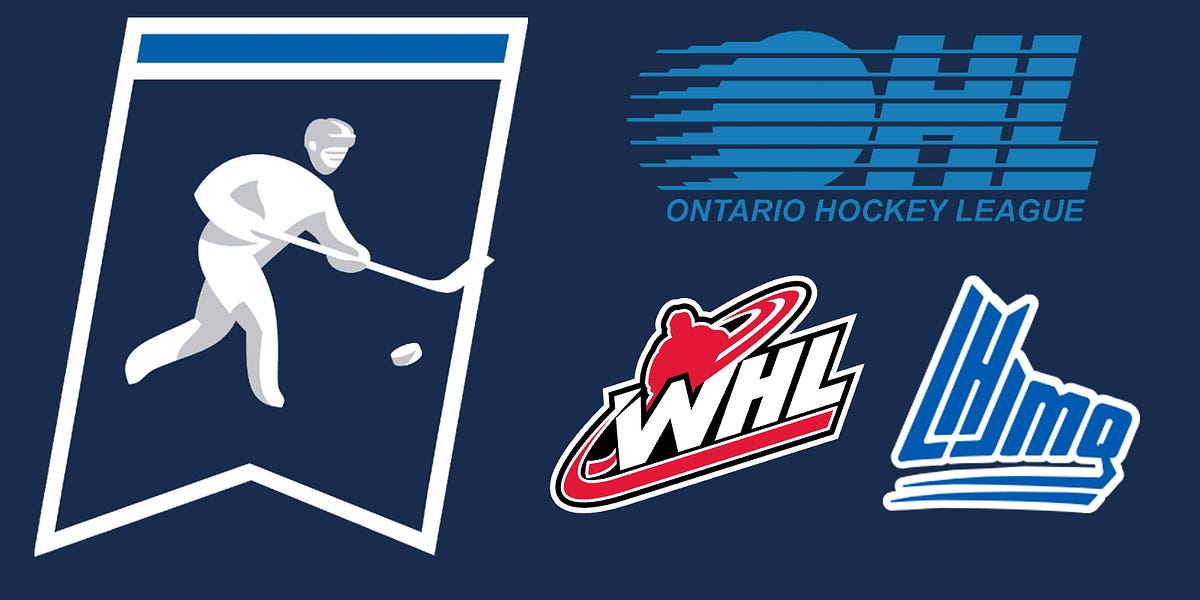I HAVE READ THAT CHL (MAJOR JUNIOR PLAYERS IN THE WHL, OHL AND QMJHL) ARE NOW ELGIBILE FOR NCAA HOCKEY?
Yes, players who compete in the CHL are now eligible for NCAA DI hockey only and may participate on NCAA DI teams beginning August 1, 2025. The rule has not been changed at the NCAA DIII level. Playing for a CHL team will jeopardize your NCAA Division III eligibility. CHL players are eligible for DI provided that they did not receive above actual and necessary expenses to compete in the CHL.
WHEN CAN NCAA TEAMS BEGIN RECRUITING CHL PLAYERS?
Recruiting can begin immediately. CHL players are eligible to appear on NCAA Division I rosters beginning August 1, 2025.
WHAT ARE CONSIDERED ACTUAL AND NECESSARY EXPENSES?
Actual and necessary expenses are any expenses necessary or required for your participation in practice or competition, including but not limited to: meals, lodging, transportation, apparel, equipment, supplies, coaching, ice time, medical treatment (health insurance), and entry fees.



